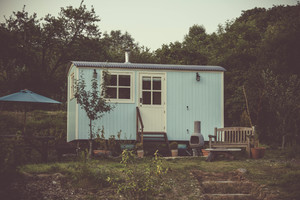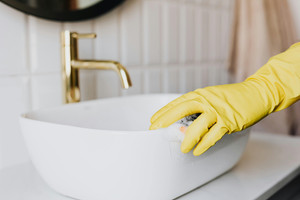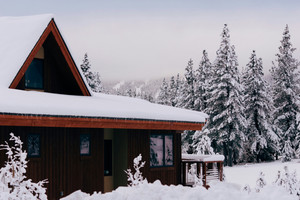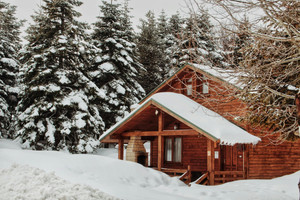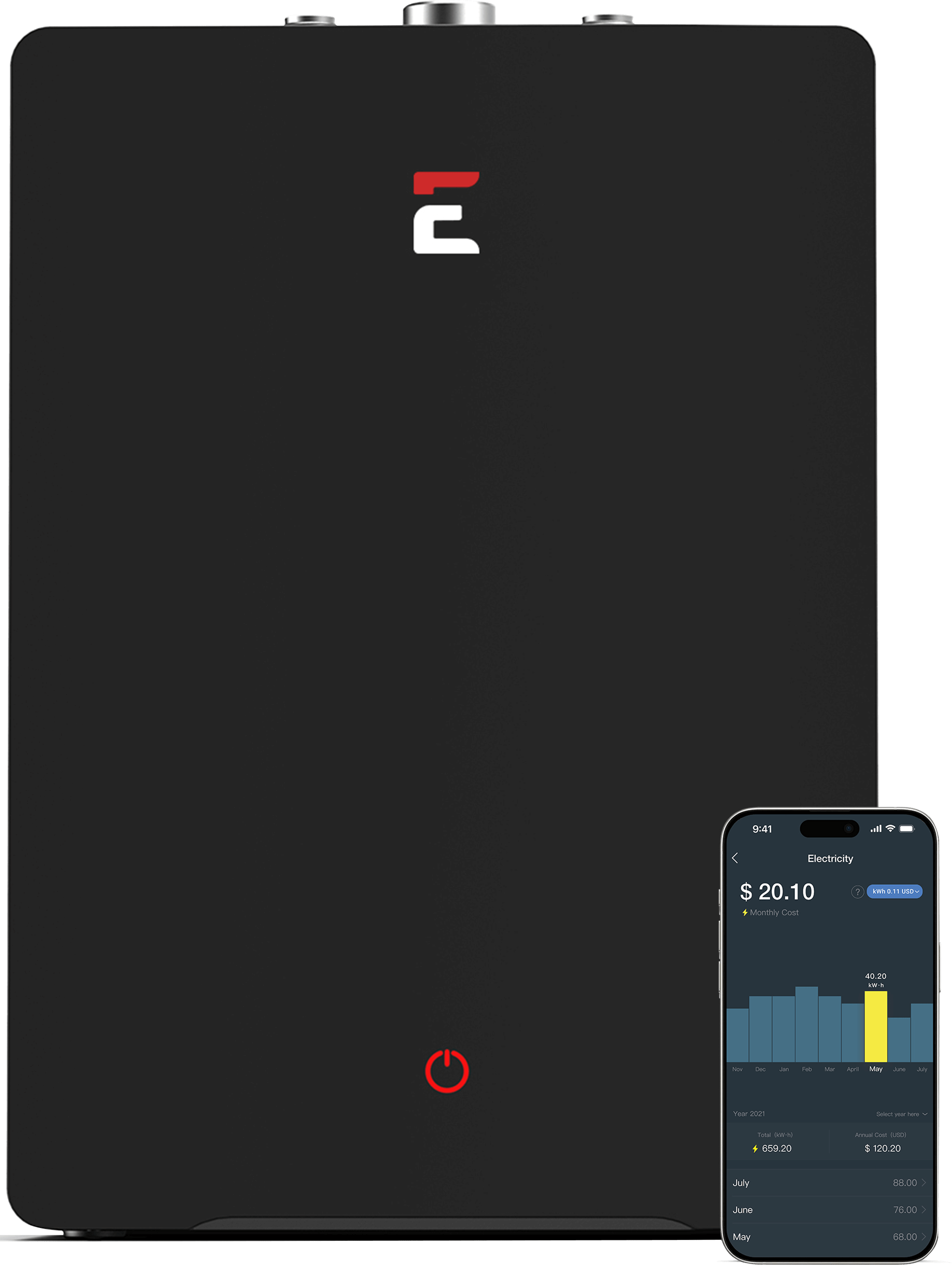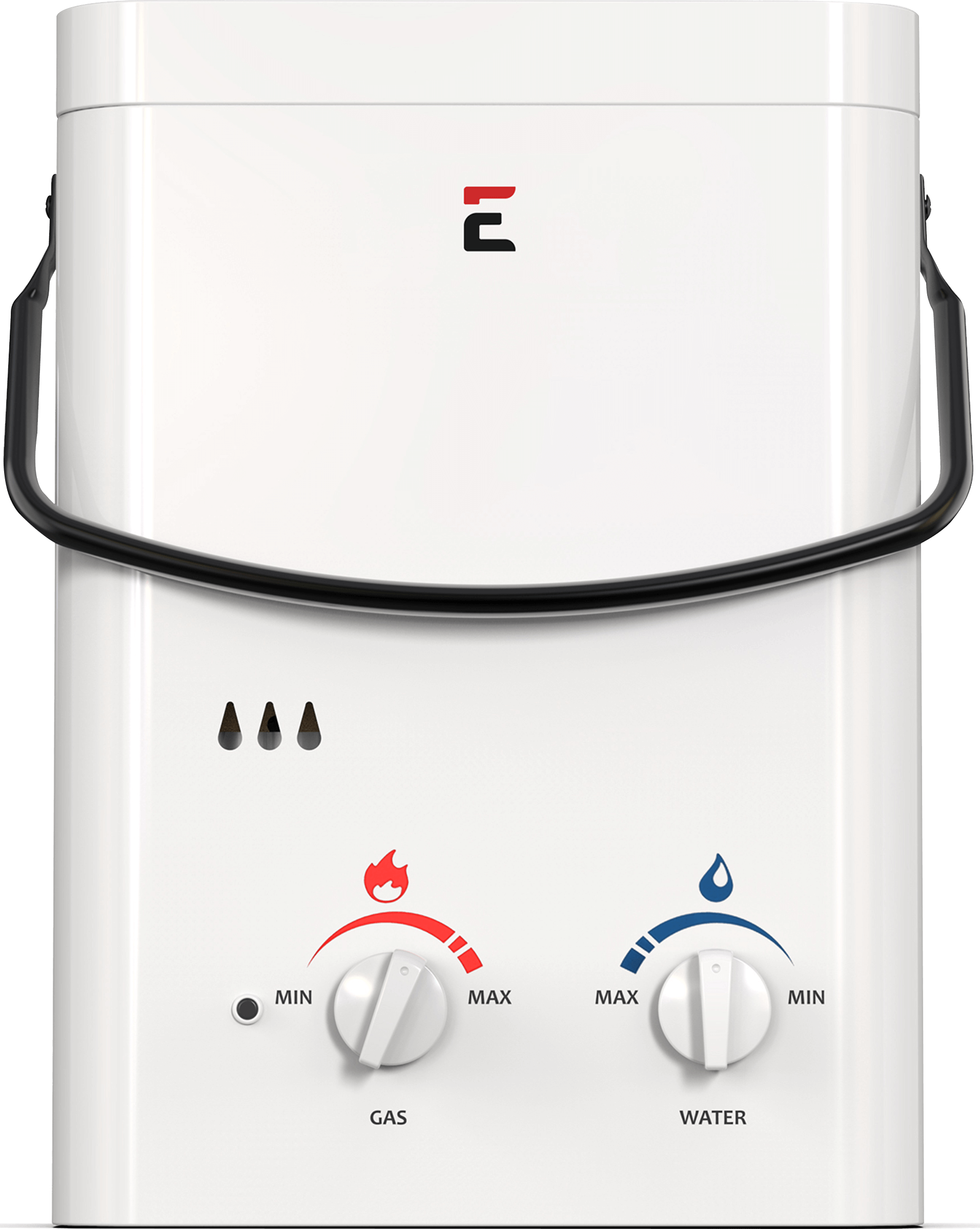Tankless Water Heaters FAQ
1.) What exactly is a tankless water heater?
Tankless water heaters are compact in size and provide a steady flow of hot water for as long as you need it. Tankless gas water heaters are more energy efficient than conventional water heaters, since tankless models eliminate the need for re-heating stored water.
2.) How does tankless water heaters work?
A tank water heater is constantly heating and storing hot water, whether you need hot water or not. Tankless hot water heaters only heat the water as it is requested at the faucet being used, hence "on-demand". When the faucet is closed or turned off, this sends a command to the tankless unit for it to turn off at that time.
3.) Is there a standing pilot?
No, during ignition, there is a spark sent to the main burner whenever hot water flow is detected, which overall improves the energy efficiency of the unit.
4.) Why do tankless hot water heaters cost more than your standard tank heater?
Tankless water heaters are built to last at minimum 15-20 years and are manufactured using copper and stainless steel. Tankless Water Heaters cost more since CATIII stainless steel is required for venting. Tankless water heaters begin saving you money from the moment you fire it up. You will experience lower operating costs and save money over the long term use of a tankless water heater. Not to mention, you’d probably have to buy 2-3 tanks over the 15-20 year lifespan of a tankless water heater.
5.) Can I install a tankless water heater by myself?
Yes, however we recommend downloading and reading the installation manual beforehand, before purchasing a unit. You must have a good understanding of all gas line sizing, venting and electrical requirements before installing your unit. Most plumbers are capable of installing a tankless water heater, as well. You also want to keep in mind, that any improper installation will affect the warranty.
6.) Do I need to upgrade my gas line or does a tankless water heater require more gas?
The minimum gas line size is ¾” inside diameter. To heat the water quicker and more efficiently, tankless water heaters operate with higher BTUs and require a minimum ¾” gas line. This does not mean that a tankless water heater uses more gas. Because tankless units heat water on demand they require higher BTUs. This requires a greater ‘jolt’ of gas, and therefore, a minimum ¾” gas line. On the other hand, because tanks are constantly heating water, they require a constant supply of gas.
7.) Are there any geographic considerations with purchasing a tankless hot water heater?
There are design considerations because the colder the inlet water, the more the units need to heat the water to meet the desired temperature setting. Homes in warmer climates can usually use smaller or fewer units.
8.) What is temperature rise?
The maximum flow rate that our tankless water heaters can produce depends on temperature rise. Temperature rise is the difference between the set temperature of the unit and the temperature of the incoming ground water. For instance, if you set the temperature of the unit to 120 degrees F and the incoming ground water temperature is 60 degrees F, this is a 60 degree temperature rise. The lower the set temperature, and the higher the incoming ground water temperature, the more hot water flow the unit can produce and vice versa. If sized correctly for your application, the unit(s) should not have a problem producing enough flow for your hot water needs.
9.) What is the minimum flow rate required to operate a tankless water heater?
Tankless water heater must be able to sense water flow in order to initiate operation. Most models will operate with flow rates as low as 0.5 gallons per minute. This is the lowest minimum flow rate in the industry and is an important benefit.
10.) Are Eccotemp tankless water heaters convertible from liquid propane to natural gas, or vice versa?
No, you are not able to convert a liquid propane unit to natural gas, or vice versa.
 Weekly Deals
Weekly Deals
 Water Heaters
Water Heaters
 Accessories
Accessories
 Installation
Installation
 Parts
Parts
 Protection Plans
Protection Plans



